
Amantadine, a treatment that was originally used as an agent against influenza A, lost efficacy due to viral resistance.

Amantadine, a treatment that was originally used as an agent against influenza A, lost efficacy due to viral resistance.
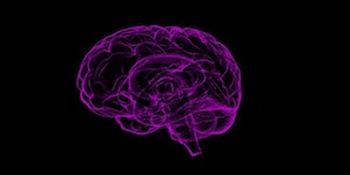
The approach is being developed specifically as a potential treatment for the significant fraction of people with debilitating depression who do not respond to existing therapies and are at high risk of suicide.
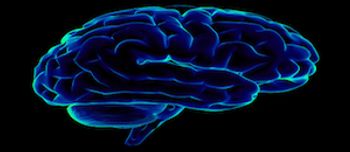
The increased risk may be due to changes in the brain’s dopamine system caused by dopamine receptor antagonists or neurobiological effects of schizophrenia.

The symptoms of depression in caregivers of patients with dementia exacerbates over time.

COVID-19 has been found in the brain post-mortem.

Without coordinated care to ensure proper adherence, the resulting costs can become downright staggering for health systems.

Although cytokine storms are usually associated with severe COVID-19, study indicates less severe disease may also be at risk of cytokine storm.

Delirium is a common syndrome experienced by patients with COVID-19 while being treated in the ICU, according to a session at the 2020 ASHP Midyear Clinical Meeting and Exhibition.
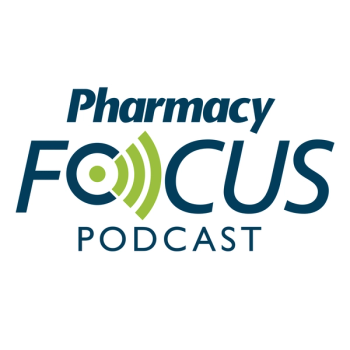
The Pharmacy Times® Pharmacy Focus podcast provides the latest industry news and information, thought-leader insights, clinical updates, patient counseling tools, and innovative solutions for the everyday practice and business of pharmacy.

The tau protein can help identify Alzheimer disease before cognitive decline begins.

This week on Pharmacy Times, there are a number of important topics that will be covered and posted throughout the week

The treatment of mental illness has long been a quandary for medical professionals throughout history. But historically, mental illness has been more loosely defined than it is today.
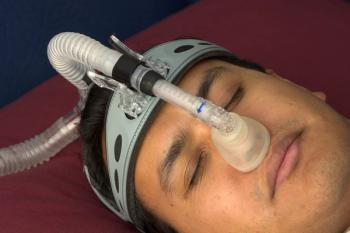
Compared with patients with focal epilepsy, those with genialized epilepsy have a higher risk of obstructive sleep apnea.
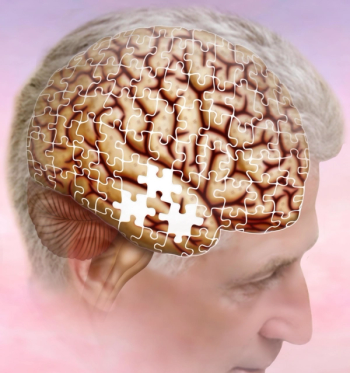
A final vote that assessed whether the findings from the EMERGE trial served as primary evidence for the efficacy of aducanumab in Alzheimer disease was 10–0 that the trial did not provide evidence.

The current acute treatments for migraines have shown efficacy and safety, however, approximately one-third of people do not respond, cannot use these options due to contraindications, or report dissatisfaction in therapy.
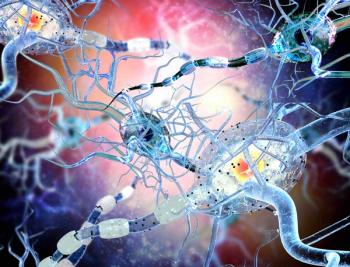
Simple sugar found in breast milk and dietary supplements may promote myelin repair in patients with multiple sclerosis.
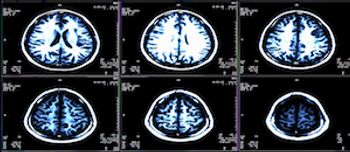
Approximately half of the people with multiple sclerosis (MS) have the HLA-DR15 gene variant, which is responsible for up to 60% of genetic risk.

Research has also shown that patients with Parkinson disease who are able to engage in physical activity can potentially improve the motor and non-motor symptoms associated with the disease.

Ubrogepant (Ubrelvy, Allergan) was approved for the treatment of acute migraines with or without aura in adults after showing a significantly greater reduction in headache pain compared with placebo.

VX-765, a novel multiple sclerosis drug, works by inhibiting a component of inflammasomes that promotes harmful inflammation.

Several risk factors for multiple sclerosis, such as disease progression and fatigue, increase the risk of unemployment.

Women who had longer reproductive periods during their lifetimes were found to have a greater risk of dementia in older age compared with those who had shorter reproductive periods.

Dimethyl fumarate is indicated to treat relapsing forms of multiple sclerosis in adult patients.

Integrating specialty pharmacy staff into oncology, neurology, rheumatology, and other specialty clinics within their health systems is a growing trend with a range of beneficial outcomes.

Individuals with asymptomatic Alzheimer disease are more likely to fall than those who are not on track to develop dementia.